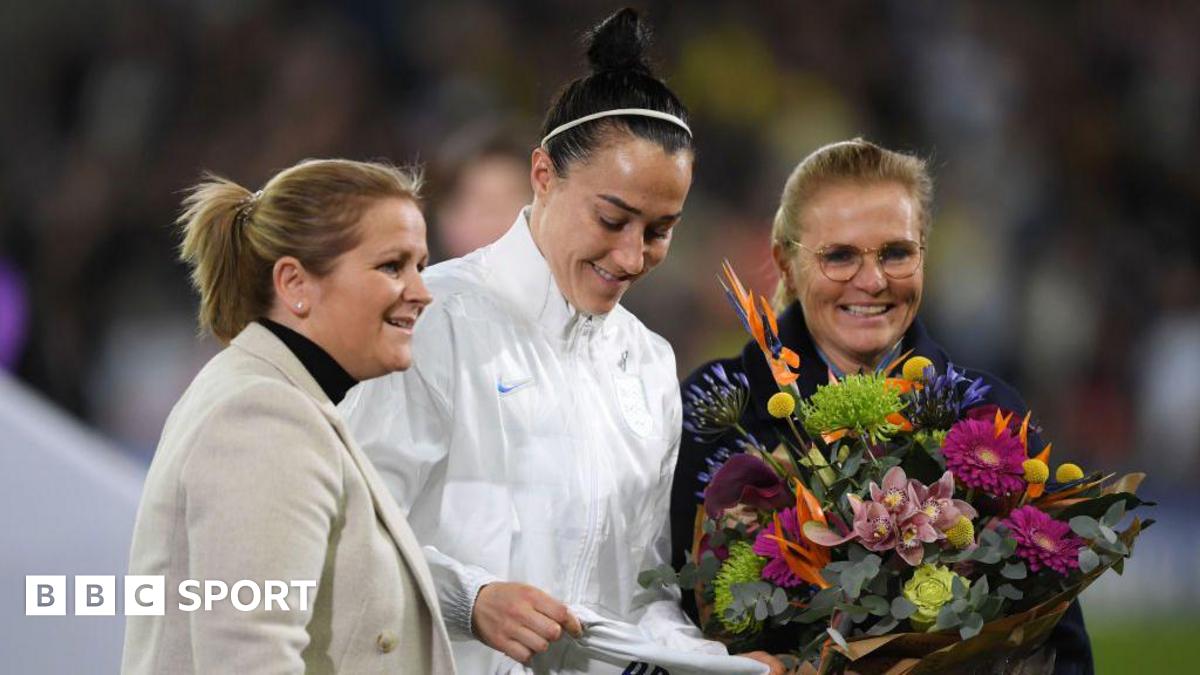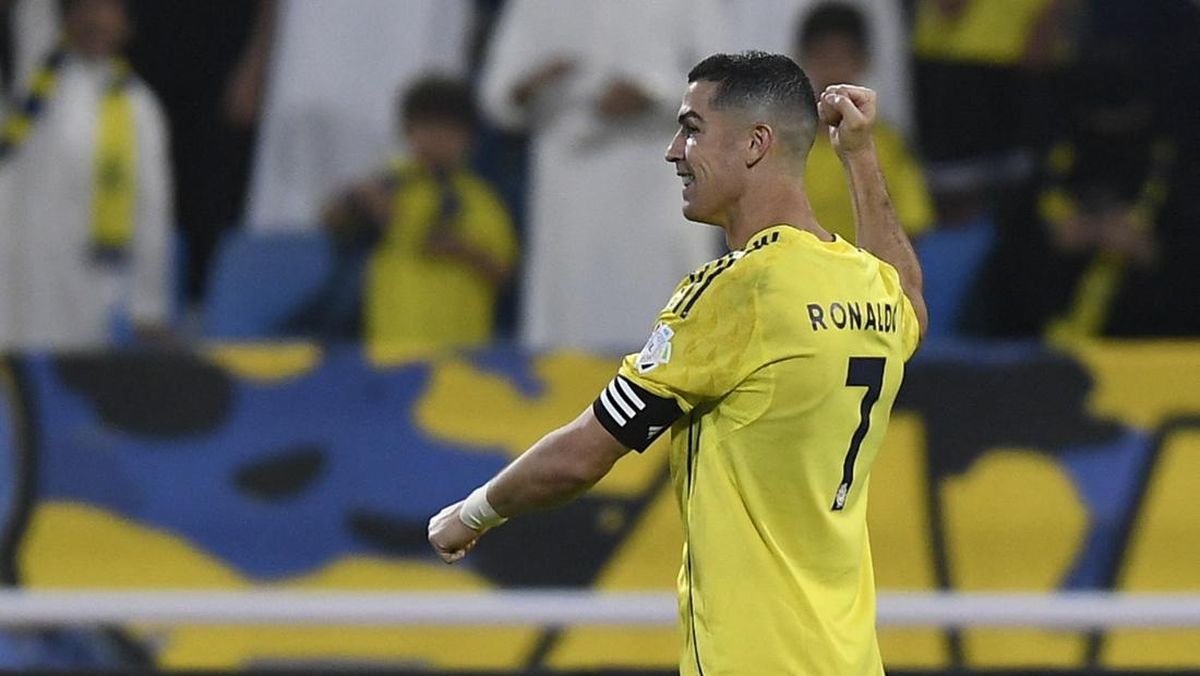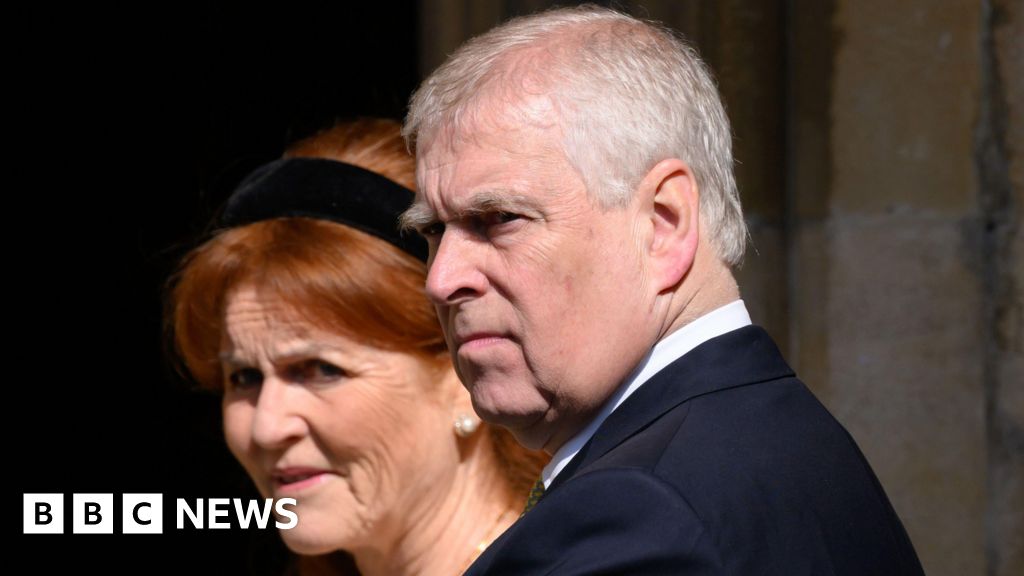Fifteen Test matches in a year is too much. The Wallabies are paying the price
The Wallabies’ 25-7 loss to England confirmed they are in a slump – they haven’t played well across their past five Tests.
At Twickenham, there were the now-familiar struggles under the high ball, with even Joseph-Aukuso Suaalii unable to climb as high as the English. But the biggest concern was the lack of variety in attack, and the apparent insistence on playing into the teeth of the England defence.
The Test was crying out for the Wallabies to put the ball where the space was – in behind the advancing English line – and when Tane Edmed did that in the first half with a neat chip kick, it could have led to a Jake Gordon try had Fraser McReight been able to find him with a tricky pass.
But that was an isolated moment of invention, as the Wallabies played too much rugby between halfway and their own 22. Throw in too many unforced errors – Hunter Paisami conceded a penalty deep in Wallabies territory for taking an extra roll while carrying the ball – and the Wallabies gift-wrapped the win to an England side that only needed to play a par round.
Fifteen Tests in a Lions year? Wallabies are paying the cost
Joe Schmidt was right to challenge the pre-Test narrative that England lacked preparation time; the flipside is that England were always likely to be fresher, especially with the Wallabies coming off a Test in Japan last week.

It was a day to forget for the Wallabies in London.Credit: AP
When the All Blacks had a similar schedule last year – Japan followed by England – they sent an advance party to London to ward off fatigue. Unsurprisingly, England were far the more energetic team from the outset, and it took some excellent individual defensive efforts from the Wallabies to keep them at bay.
The bigger picture, of course, is that 15 Tests in a year is too much – that’s a longer campaign than the Super Rugby season. In a British and Irish Lions year, the Japan and England Tests – played outside the World Rugby window – were unnecessary and have put the Wallabies on the back foot, with three more tough encounters to come: Italy, Ireland and France.
The Test was lost by the 51st minute
It looked ominous when England emptied their bench 11 minutes into the second half, rolling on British and Irish Lions representatives. And so it proved, as England turned up the power at maul time and youngster Henry Pollock showed his natural gifts by scooping up a loose ball with his left hand before running in to score.
The Wallabies had been trailing 12-7 when England went to the bench and had just failed to capitalise on a spell of pressure and territory. If the Test was to be won, they desperately needed to be in a better position before England rolled out their big guns. It’s unlikely England will hold back their top players for the rest of November – reserve flanker Tom Curry’s huge tackle on Tane Edmed in the closing stages showed he starts for England nine times out of 10.
Fraser McReight was marvellous in defeat
The No.7 was a shining light for the Wallabies, winning four turnovers in the second half and stopping a certain try with a desperate play on England’s replacement hooker Luke Cowan-Dickie. The scoreline could have been ugly without McReight, and there’s a case to be made that the Wallabies’ two best back-rowers are both opensides – McReight and Carlo Tizzano.
While it might sound blasphemous, there’s also an argument that either Rob Valetini or captain Harry Wilson should be benched next week to accommodate the return of Tom Hooper.
Will Skelton, James O’Connor, and Len Ikitau must also return – there’s daylight between the Wallabies’ best No.12 and the next in line. Schmidt has worked hard to build depth across the squad, but there are clear gaps when the top players are unavailable.
Edmed improved – but bench cover is badly needed
The Wallabies are preaching patience with Tane Edmed, and viewed through a positive lens, his display at Twickenham vindicated that approach. One comical goal-line dropout aside, Edmed was more assured and better under the high ball – an area where the crackdown on obstruction runners has handed a big advantage to the kicking side.
Loading
At this stage of his Test career, the narrowness of the Wallabies’ attack and lack of variation can’t all be pinned on a young No.10; some of it reflects the game plan. However, the Wallabies’ lack of a specialist No.10 on the bench surely won’t be repeated during the rest of the tour.
Hamish Stewart came on for the final seven minutes, but he is by some margin a better No.12 after years specialising in that position.
As if to emphasise the Wallabies’ challenges in the position, new Springboks star Sacha Feinberg-Mngomezulu lit up Wembley with some superb individual moments in their 61-7 win against Japan.
Watch all the action from the 2025 Wallabies spring tour on Stan Sport
Most Viewed in Sport
Loading


















































